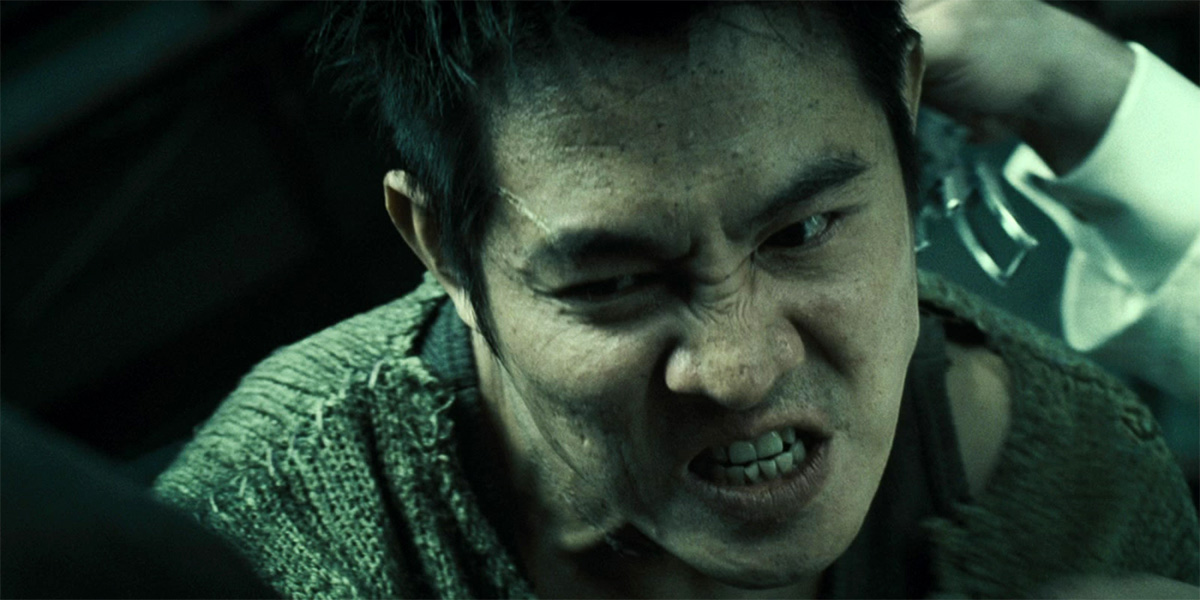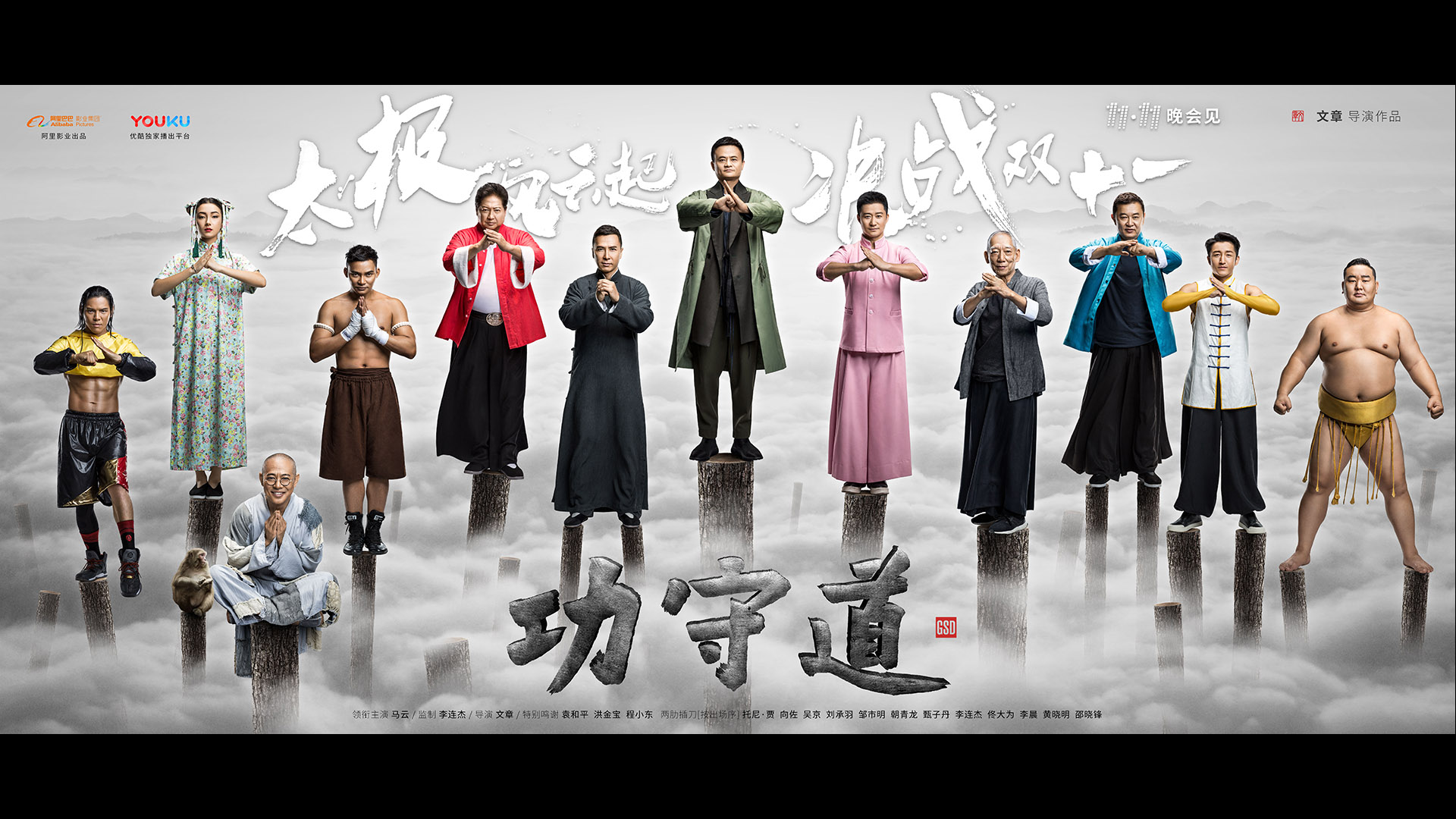Also known as Unleashed in some regions, Danny the Dog (2005) is a gritty action-drama that delivers far more than bone-crunching fight scenes. Directed by Louis Leterrier and written and produced by Luc Besson, the film stars Jet Li in one of his most emotionally resonant performances. Blending martial arts brutality with tender humanity, Danny the Dog is a story about abuse, redemption, and the power of kindness in a violent world.
Jet Li plays Danny, a man raised from childhood like a dog — quite literally. Controlled by the ruthless gangster Bart (played with chilling intensity by Bob Hoskins), Danny wears a collar and is trained to fight on command. Stripped of education, emotion, and free will, he knows nothing but violence.
But when Bart is left for dead after a violent ambush, Danny escapes and is taken in by Sam (Morgan Freeman), a blind piano tuner, and his stepdaughter Victoria. As Danny experiences kindness, music, and freedom for the first time, he begins to rediscover his humanity — but his past is never far behind.
Jet Li delivers a remarkable performance that proves his talent goes beyond martial arts. As Danny, he’s physically ferocious but emotionally fragile, portraying vulnerability with silent expressions, subtle movements, and childlike innocence. It’s a role that allows him to show both power and pain — and he does so beautifully.
Morgan Freeman, as always, brings gravitas and warmth to the role of Sam. His scenes with Danny are the heart of the film, offering moments of peace and human connection amidst the violence. Bob Hoskins plays the antagonist with disturbing authenticity, embodying cruelty, control, and emotional manipulation in every scene.
The fight sequences are brutal, raw, and realistic. Choreographed by the legendary Yuen Woo-ping, the action is intense and grounded, with Danny attacking like a wild animal. There’s no glamour here — just instinctive, survival-driven violence. The contrast between the explosive fights and the tender domestic scenes makes each feel more impactful.
Danny the Dog is ultimately a film about dehumanization and recovery. It explores how trauma and control can strip a person of their identity — and how love, music, and compassion can restore it. The metaphor of Danny being treated like a dog may sound exaggerated, but it powerfully illustrates themes of abuse, manipulation, and the reclaiming of one's soul.
The film balances its dark, brutal tone with moments of unexpected warmth and humor. The piano — both as an instrument and a symbol — becomes central to Danny's emotional awakening, contrasting the noise of violence with the beauty of harmony.
Danny the Dog (2005) is a rare action film that packs just as much emotional punch as physical force. With a heartfelt story, brilliant performances, and unforgettable fight choreography, it transcends the genre to become something deeper and more human. It's a reminder that even the most broken souls can be healed — not by strength, but by empathy.


